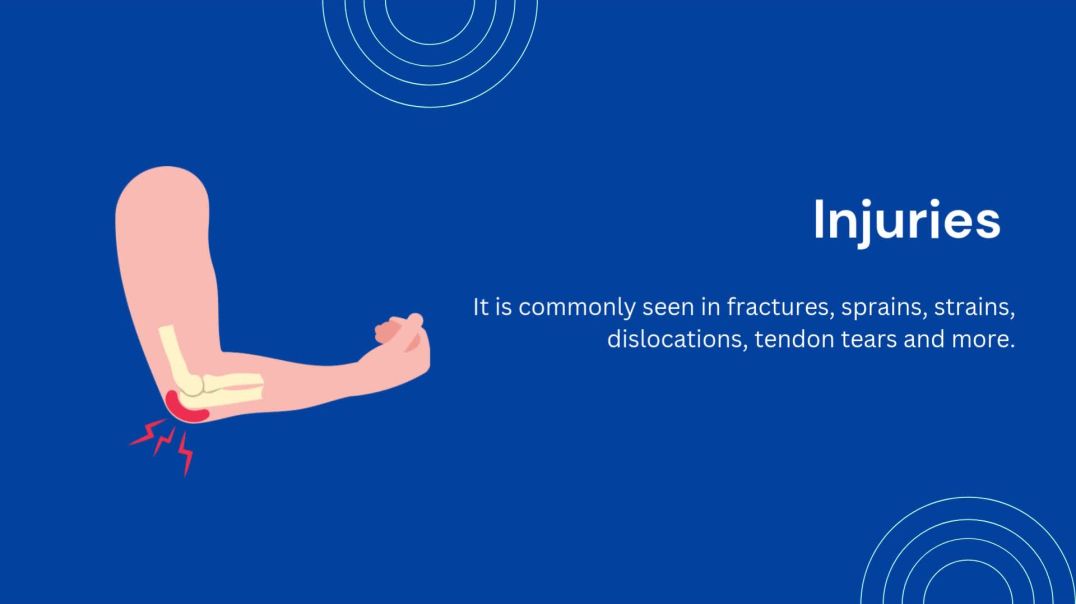- Physical Examination
- Surgical Examination
- Ophthalmology
- Clinical Skills
- Orthopedics
- Surgery Videos
- Laparoscopy
- Pediatrics
- Funny Videos
- Cardiothoracic Surgery
- Nursing Videos
- Plastic Surgery
- Otorhinolaryngology
- Histology and Histopathology
- Neurosurgery
- Dermatology
- Pediatric Surgery
- Urology
- Dentistry
- Oncology and Cancers
- Anatomy Videos
- Health and Fitness
- Radiology
- Anaesthesia
- Physical Therapy
- Pharmacology
- Interventional Radiology
- Cardiology
- Endocrinology
- Gynecology
- Emergency Medicine
- Psychiatry and Psychology
- Childbirth Videos
- General Medical Videos
- Nephrology
- Physiology
- Diet and Food Health
- Diabetes Mellitus
- Neurology
- Women Health
- Osteoporosis
- Gastroenterology
- Pulmonology
- Hematology
- Rheumatology
- Toxicology
- Nuclear Medicine
- Infectious Diseases
- Vascular Disease
- Reproductive Health
- Burns and Wound Healing
- Other
Neuropathic pain: palmitoylethanolamide, natural painkiller
0
0
2,159 Views·
01/17/24
In
Other
Neuropathic pain: often difficult to treat. Palmitoylethanolamide (PEA) is a very special molecule, produced in our own body, against pain and chronic inflammation. PEA is available as supplement and as cream, and as dietfood for medical purposes in Italy and Spain. It has been explored since 1957 and has a clear analgesic and anti-inflammatory efficacy, and virtually no side effects. Meanwhile within the context of clinical trials 5000 patients have been using PEA, and its efficacy and safety has been documented in more than 400 scientific papers: http://palmitoylethanolamide4pain.com/about-2/ a website containing 400+ scientific articles on PEA in 6 different languages. The PEA datapool.
Show more
0 Comments
sort Sort By




















